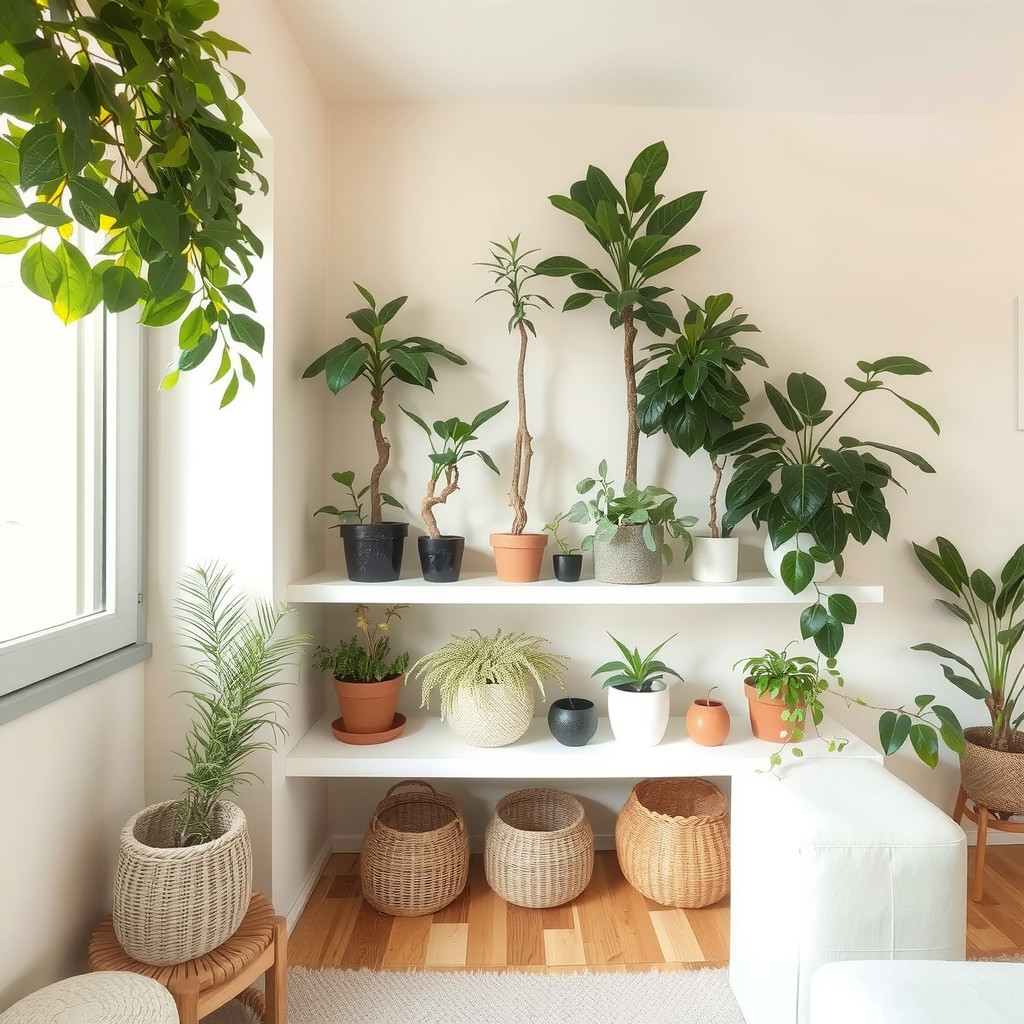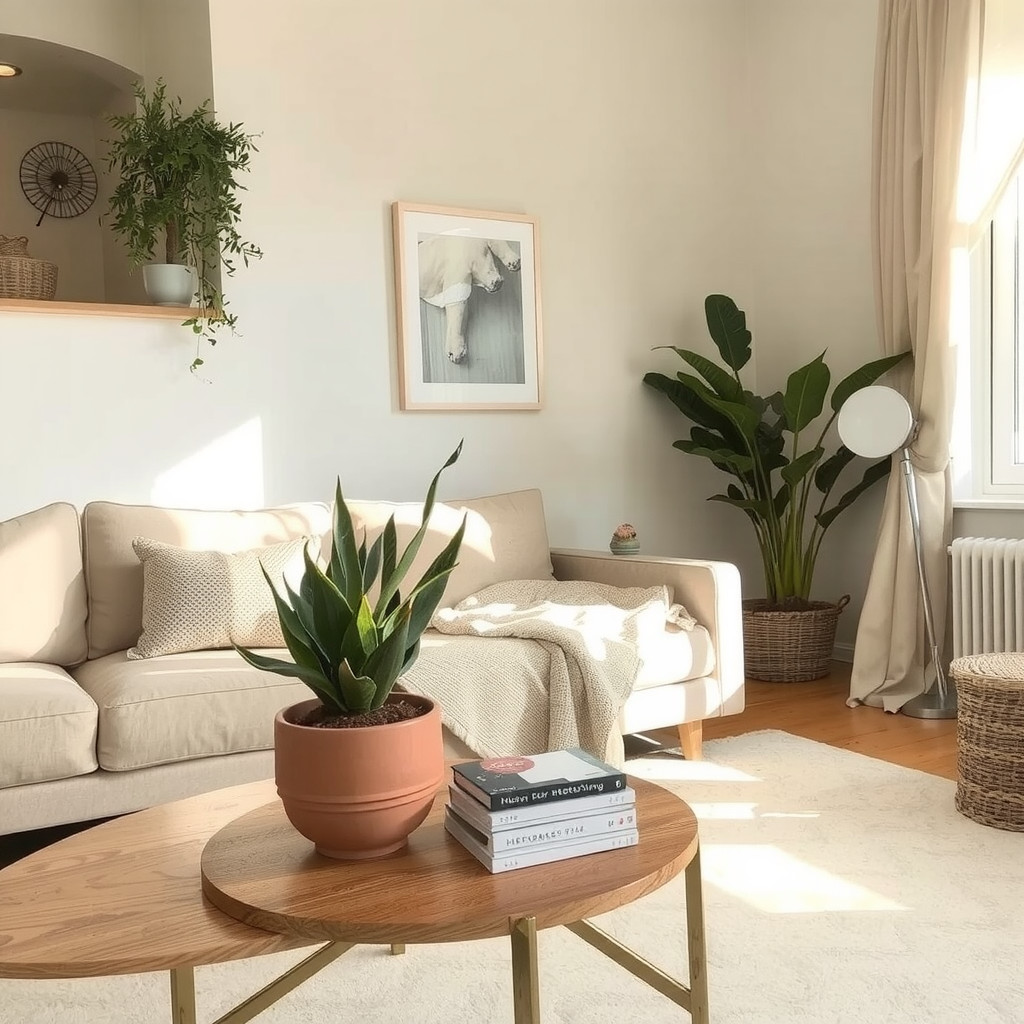ADVERTISEMENT
Introduction
You’re stepping into the world of indoor plants, and it’s an exciting journey. With so many options available, it can be overwhelming to decide where to start. Indoor plants not only purify the air and improve the aesthetic of your space, but they also contribute to a sense of well-being and tranquility. For beginners, it’s essential to choose plants that are easy to care for and can thrive in a variety of conditions. 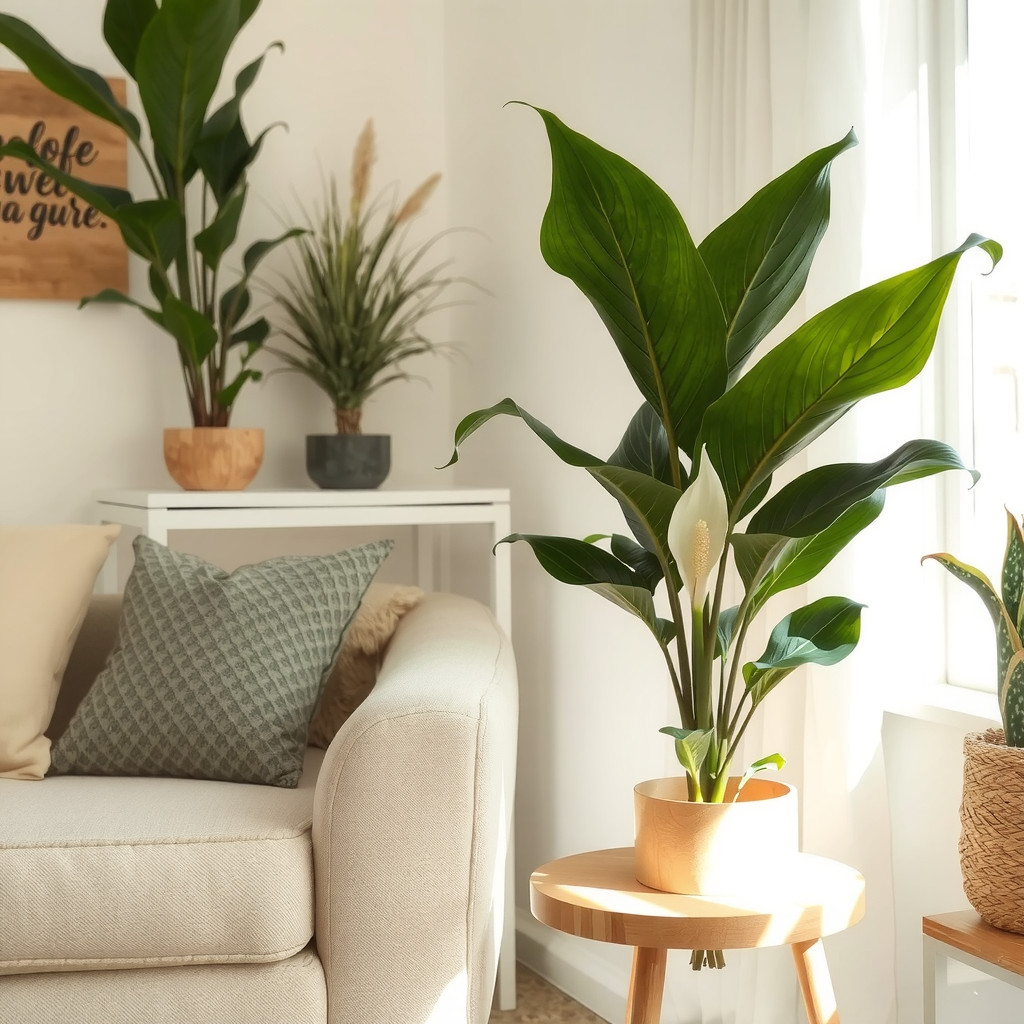
Layout and Positioning
When it comes to placing your indoor plants, consider both the plant’s needs and the overall look you want to achieve. Some plants prefer bright, direct sunlight, while others thrive in shaded areas. Placing a snake plant or a ZZ plant in a corner can add a touch of greenery without requiring too much maintenance. 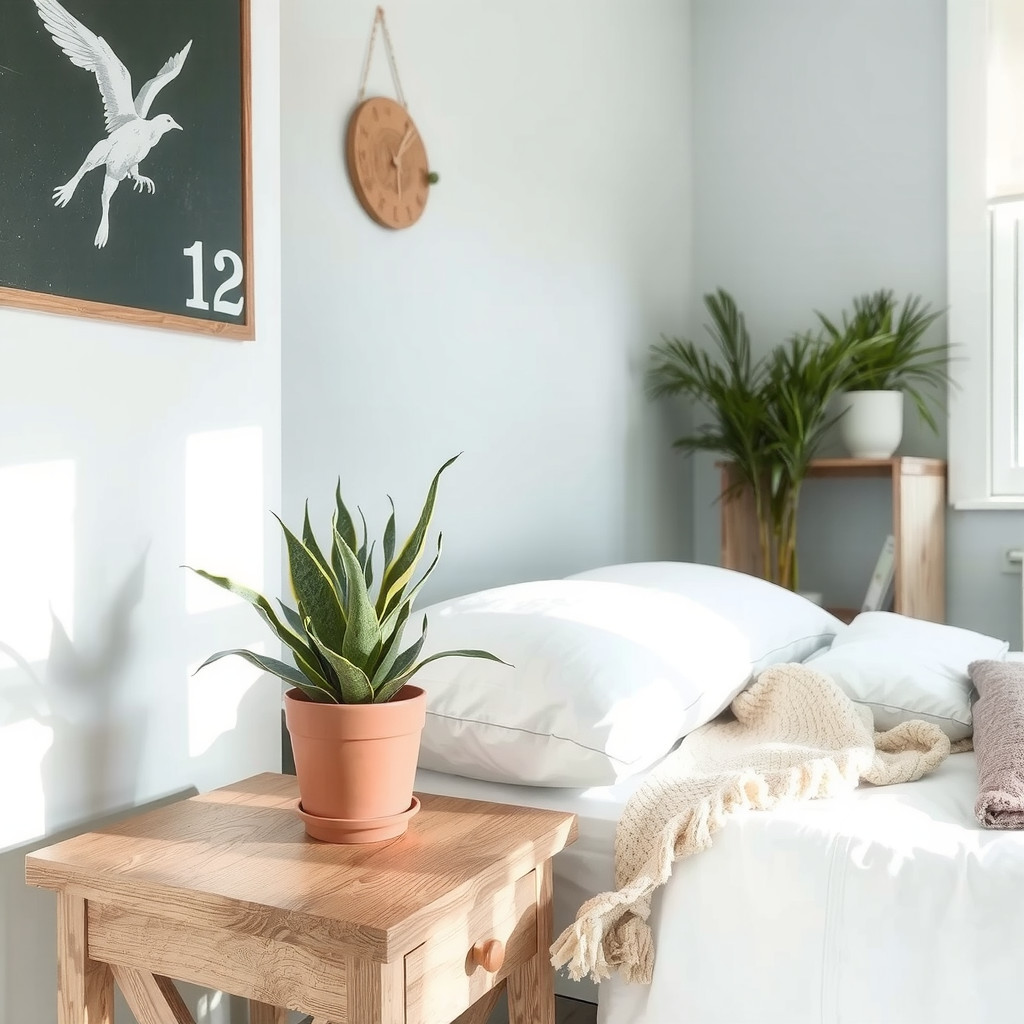
Materials and Textiles
The pots and planters you choose can greatly impact the aesthetic of your space. Consider using natural materials like terracotta, wood, or woven baskets to add warmth and texture. For a more modern look, sleek ceramic or glass planters can complement your decor. Don’t forget to add a layer of small rocks or pebbles at the bottom of your pot for better drainage. 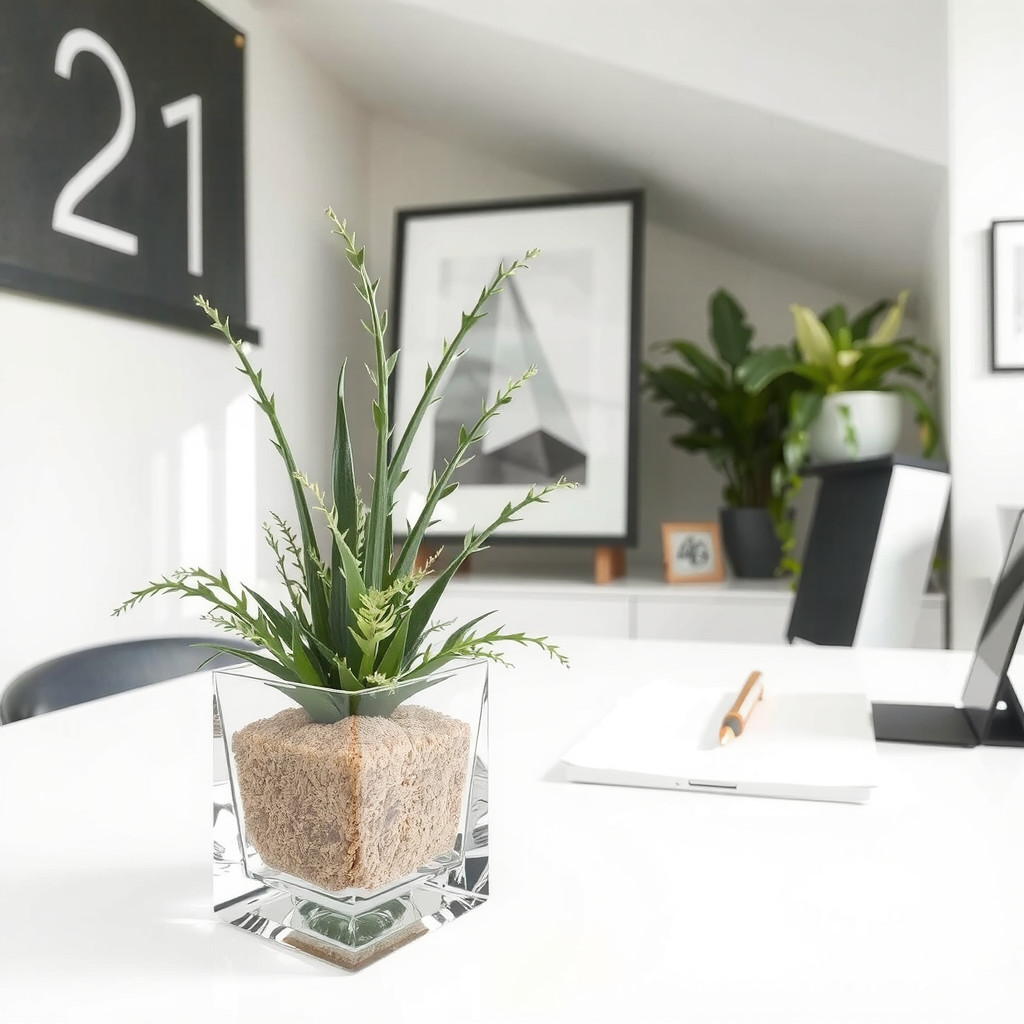
Focal Points
Creating focal points with your indoor plants can draw the eye to specific areas of the room. A statement piece like a large peace lily or a dramatic fern can become the centerpiece of your living room. Smaller plants like succulents or cacti can be grouped together on a side table or shelf to create a visually appealing display. 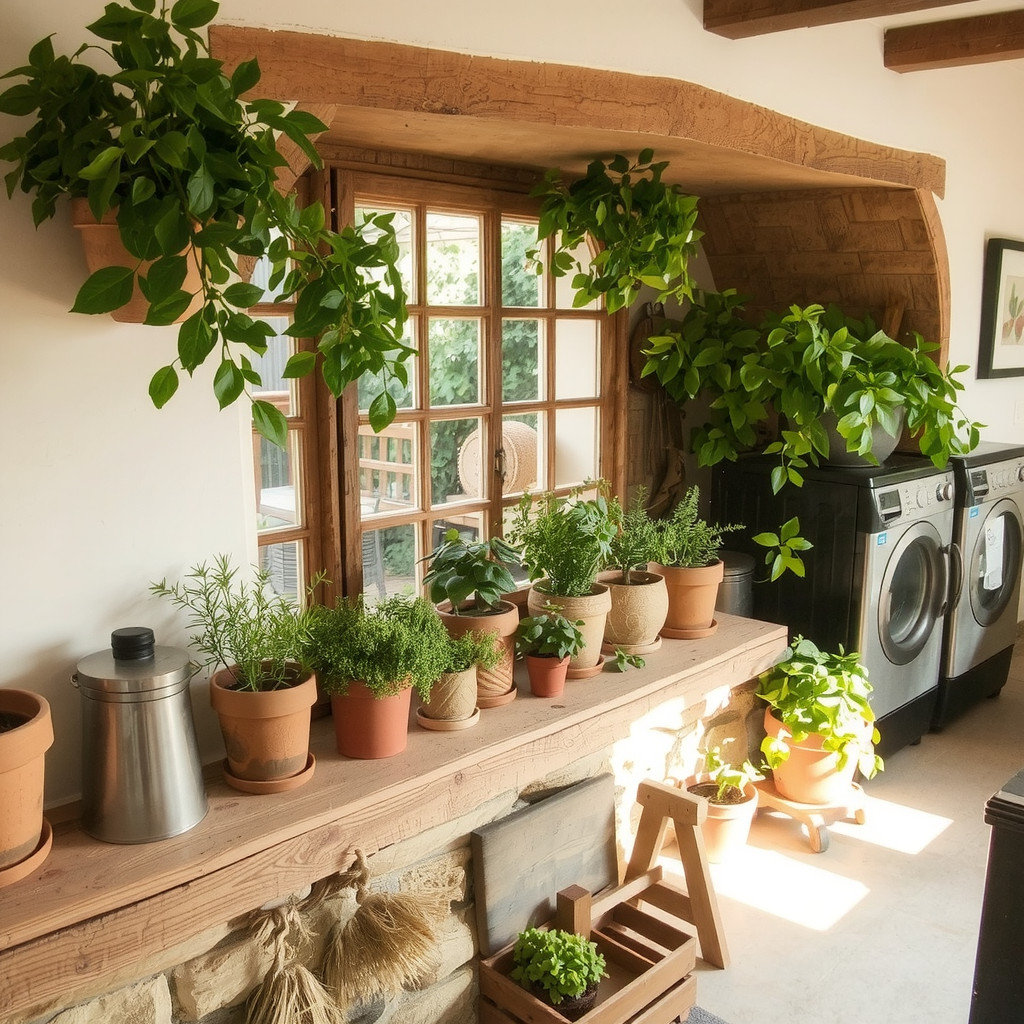
Lighting
Lighting is crucial for the health and appearance of your indoor plants. East- and west-facing windows are ideal for most plants, as they provide gentle, indirect sunlight. If your space lacks natural light, consider investing in grow lights. These can be especially useful for plants that require more intense light, like African violets or begonias. 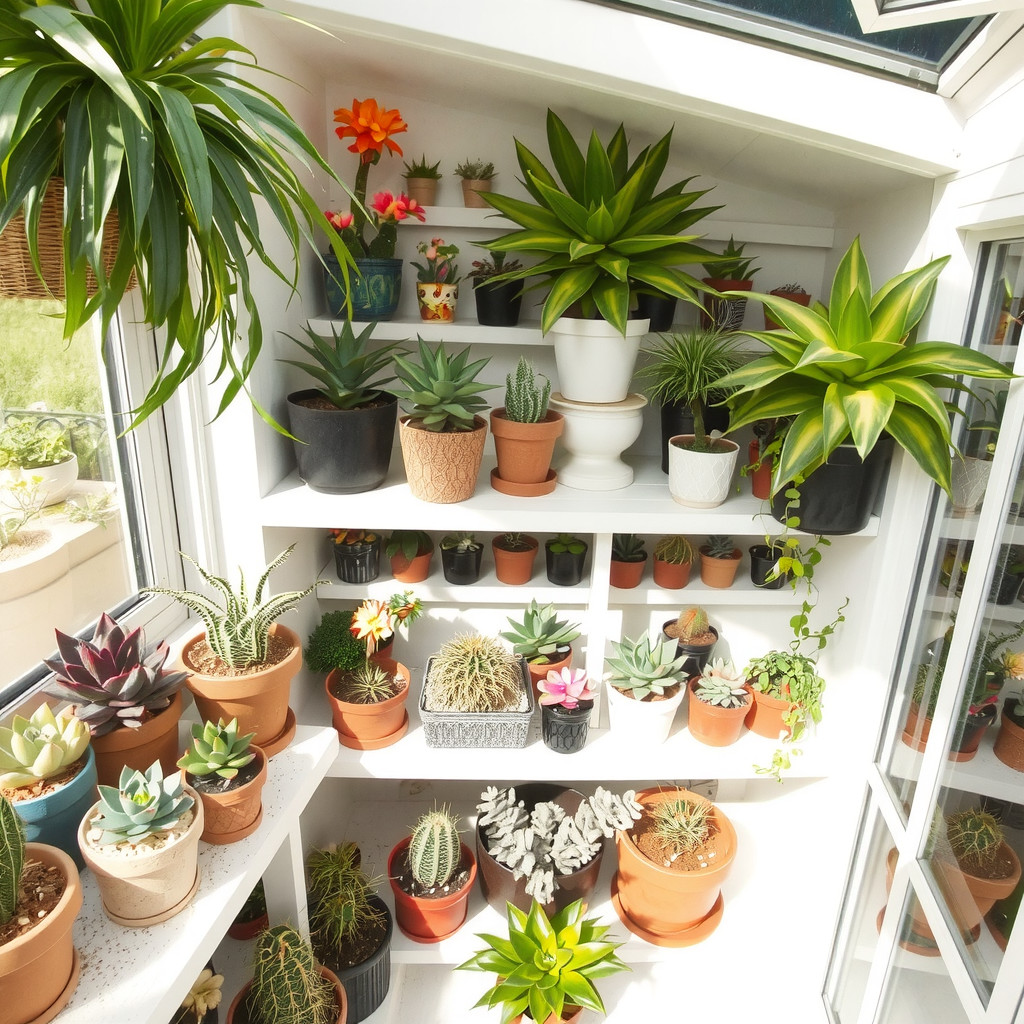
Greenery
Incorporating different types of greenery can add depth and variety to your indoor space. From the delicate leaves of a Boston fern to the robust foliage of a rubber plant, each species brings its unique character. Experiment with hanging plants like English ivy or trailing vines to add a whimsical touch. 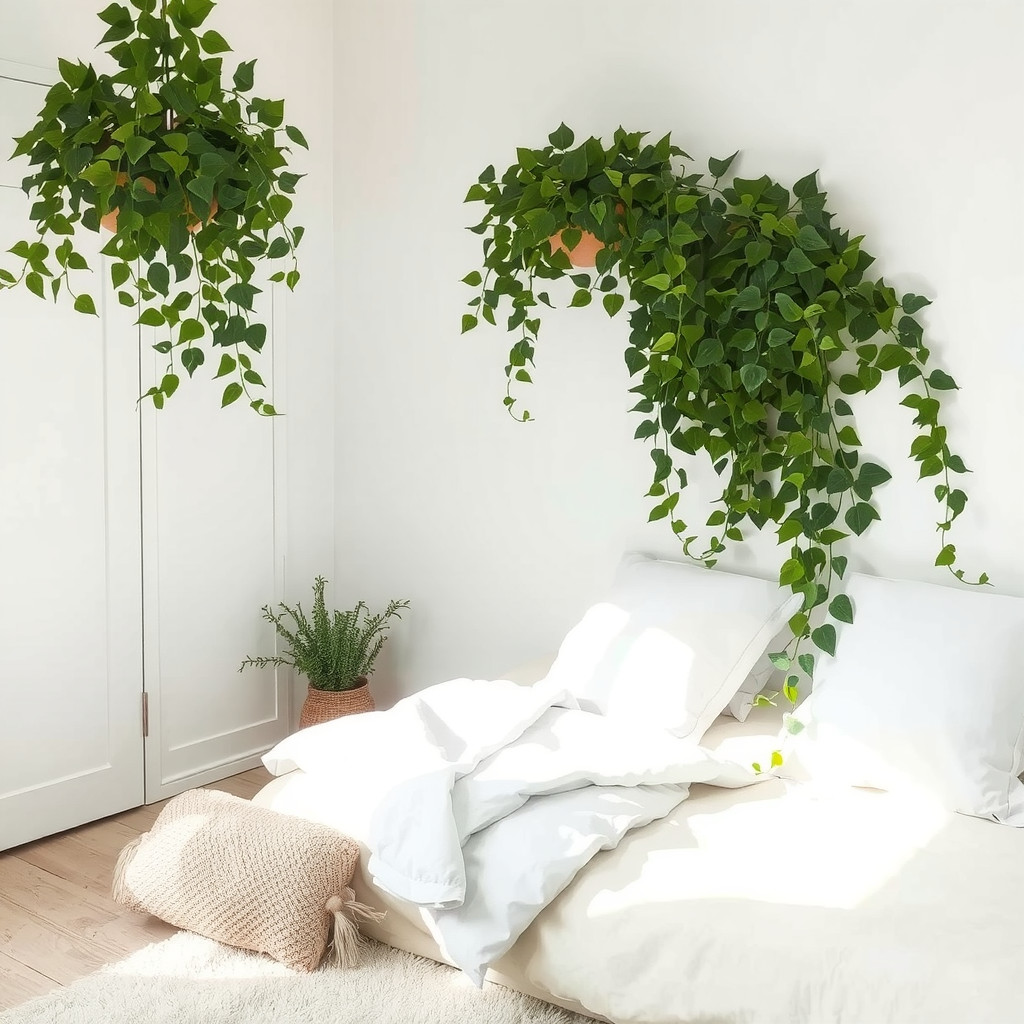
Tips
- Choose plants that fit your lifestyle and the conditions of your home.
- Water plants when the top inch of soil feels dry to the touch.
- Fertilize your plants during the growing season (spring and summer) for optimal health.
- Prune or repot your plants as needed to maintain their shape and promote healthy growth.

ADVERTISEMENT

